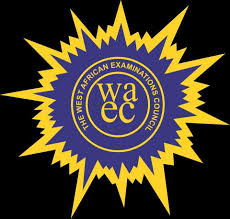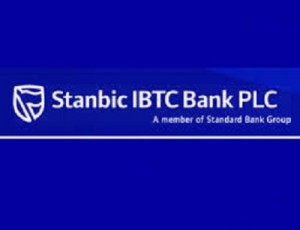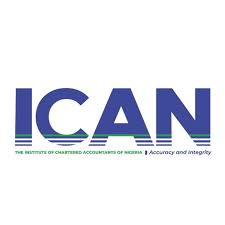Lagos, Nigeria | September 22, 2025
Accredited secondary schools across Nigeria may spend as much as ₦1.6 trillion to procure computers in line with the West African Examinations Council’s (WAEC) new directive mandating Computer-Based Tests (CBT) for candidates.
The transition, which WAEC says is aimed at modernising the examination process, improving efficiency, and reducing malpractice, is expected to place significant financial strain on schools already grappling with rising operating costs.
Education experts project that more than two million candidates sit for WAEC annually in Nigeria, requiring schools to invest heavily in digital infrastructure, power supply, and maintenance to ensure compliance. The estimated ₦1.6 trillion reflects nationwide procurement costs for the computers, internet facilities, and other essentials needed to meet accreditation standards.
Stakeholders have raised concerns about the feasibility of the directive, citing the wide disparity between public and private schools in terms of funding and infrastructure. Many public schools, particularly in rural areas, face challenges such as inadequate electricity and limited access to ICT resources, raising fears that students in disadvantaged communities could be excluded.
While some private schools with established ICT facilities are expected to adapt quickly, parents and school administrators worry that the costs will ultimately be transferred to households, deepening the financial burden on families.
Policy analysts have urged the Federal and State Governments to provide targeted support, such as intervention funds, partnerships with ICT companies, and subsidised computer procurement schemes, to ease the transition and ensure inclusivity.
The move aligns with a broader regional push by WAEC to embrace digital testing, but its success in Nigeria will depend on how authorities address the infrastructural gaps and funding needs in the education sector.








Leave feedback about this